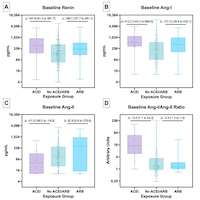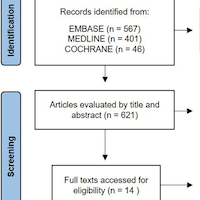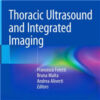Increasing the Reproducibility of Research Reduces the Problem of Apophenia
link.springer.com
Apophenia, or the tendency of identifying meaningful patterns where none truly exist, is part of the human condition. We cannot surmount it, but we can strive to manage its influence. In the research context, apophenia can lead to a substantial risk of false positive findings. We believe that the issue of false positive research findings and the poor reproducibility of research findings are inextricably linked.
In this editorial, we have outlined that poor reproducibility in the biomedical literature is a serious problem. We have discussed some of the principal reasons why poor reproducibility may be occurring, and we have offered some practical suggestions that may improve rates of reproducibility.
We believe that increasing research reproducibility will, in turn, improve the confidence we have in our anesthesiology, perioperative medicine, critical care, and pain interventions and will improve our patients’ clinical outcomes.
The time for simply being aware of these issues is long over.
It is now time for all of us—researchers, readers, clinicians, peer reviewers, editors, and administrative leaders—to act.




















